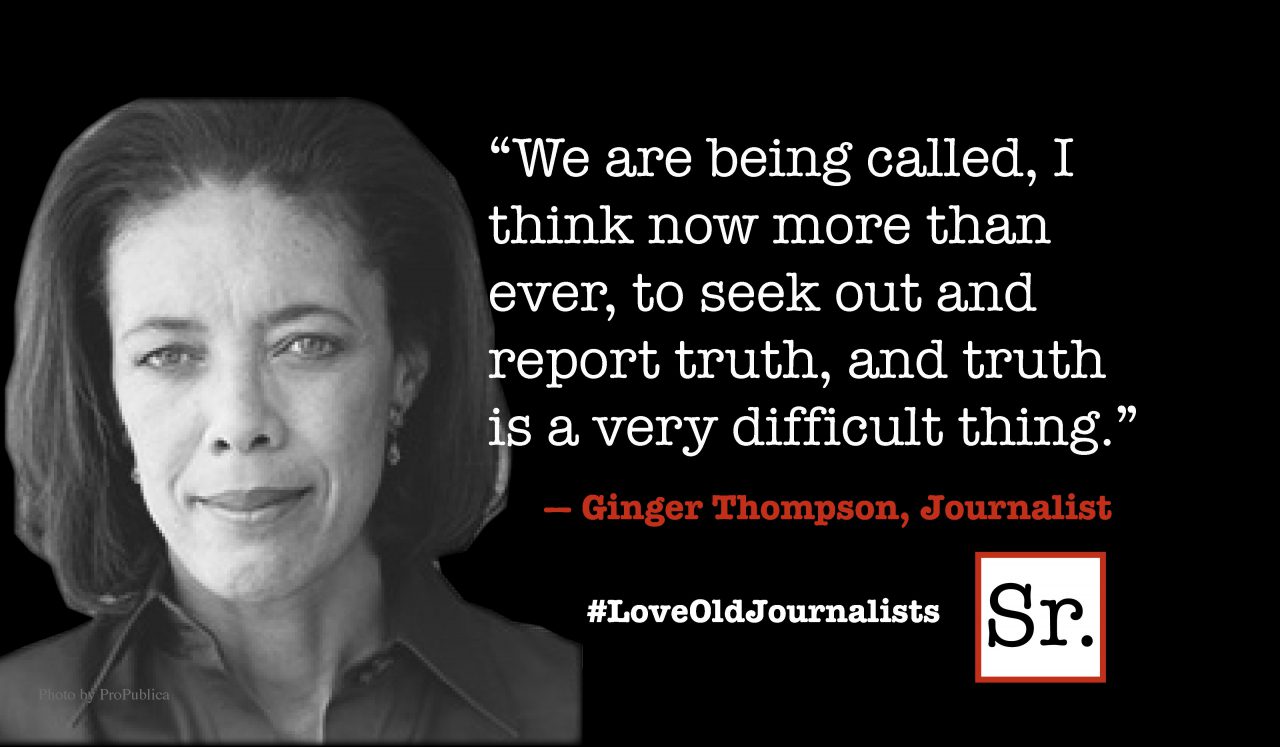Two weeks ago I suggested that right-wing politicians had taken over America’s evangelical church. A fair response suggested that long before, liberal politicians took over America’s main-line church. Granted it is a very thin path one treads when tempted to suggest that one political stance is more or less “Christian” than any other. One needs to be very careful before affirming that a specific version of religion supports any political issue or party — or vice versa. While the First Amendment to the Constitution sets out the ground rules leading to the classic separation of church and state, the same Amendment affirms the right of citizens, individually or in groups, to exercise religion without government restraint, and that includes making public comments, petitioning, demonstrating, lobbying and boycotting.
There is probably no part of the Constitution that has been more difficult for the Supreme Court to interpret than the First Amendment. The sticking point has revolved around the authority religion wants to exercise in the public square. Some aspects of this matter are self-evident. No religious test shall be placed on any government employee. No religious institution shall claim a right to governmental support or funding.
Other aspects of the matter are less clear. Can a religiously owned hospital refuse to include access to birth control in the insurance policy covering its employees? If a cafeteria cannot refuse to serve a customer a meal based on skin color, can a bakery refuse to sell a cake based on the sexual orientation of the would-be purchaser? Or can tax money be used to pay for a new surface on the playground of a school operated by a church?
Is it a violation of the Constitution for a government official to end a speech with “God bless America?” When I served a Washington congregation and was President of the Greater Washington Council of Churches, I occasionally was called upon to open Congress with prayer, as well as praying at the stadium in Washington at the beginning of the baseball season. (I doubt if those prayers had any effect either on Congress or the then hopeless Washington baseball team.) There are chaplains in the armed forces, and presidents as well as many other officials are sworn in with their hands resting on a Bible or some other religious book. Can Christmas Day be a national holiday? Or can the first day of Ramadan or Yom Kipper be recognized as politically sacred occasions?
In dealing with many of these concerns, the Court has given a wink and a nod, and no one has gotten upset to the point of forcing the judges or justices to make definite pronouncements.
Certainly neither Sharia law nor Levity law can be used to evade the laws established by the federal government or by any state or municipality. Religious law has no standing when it is in conflict with the Constitution.
However, there are occasions when one may be called on to violate a law in response to what one believes to be a higher law, but the violator must agree ahead of time to bear the penalty that comes with the violation. I refused to help pay for the Vietnam War, and every quarter when my taxes were due I sent a check for half of what I owed, with a letter explaining my action. What resulted is too complicated to discuss here. Be assured, however, that I was fully prepared to accept the results of my action.
When religious organizations have attempted to push the courts in the direction of breaching the separation of church and state divide, they have usually been unsuccessful. The most striking attempt was an effort to declare the United States to be a Christian nation. Not being able to influence the government into recognizing some aspect of religion, political sectarians have seduced some religious sectarians into moving in their direction. While the wall of separation between church and state remains largely intact, these days very conservative politicians have caught the eye of very conservative religionists. The most striking example may be the way Donald Trump has been lured into cozying up to Jerry Falwell Jr.









